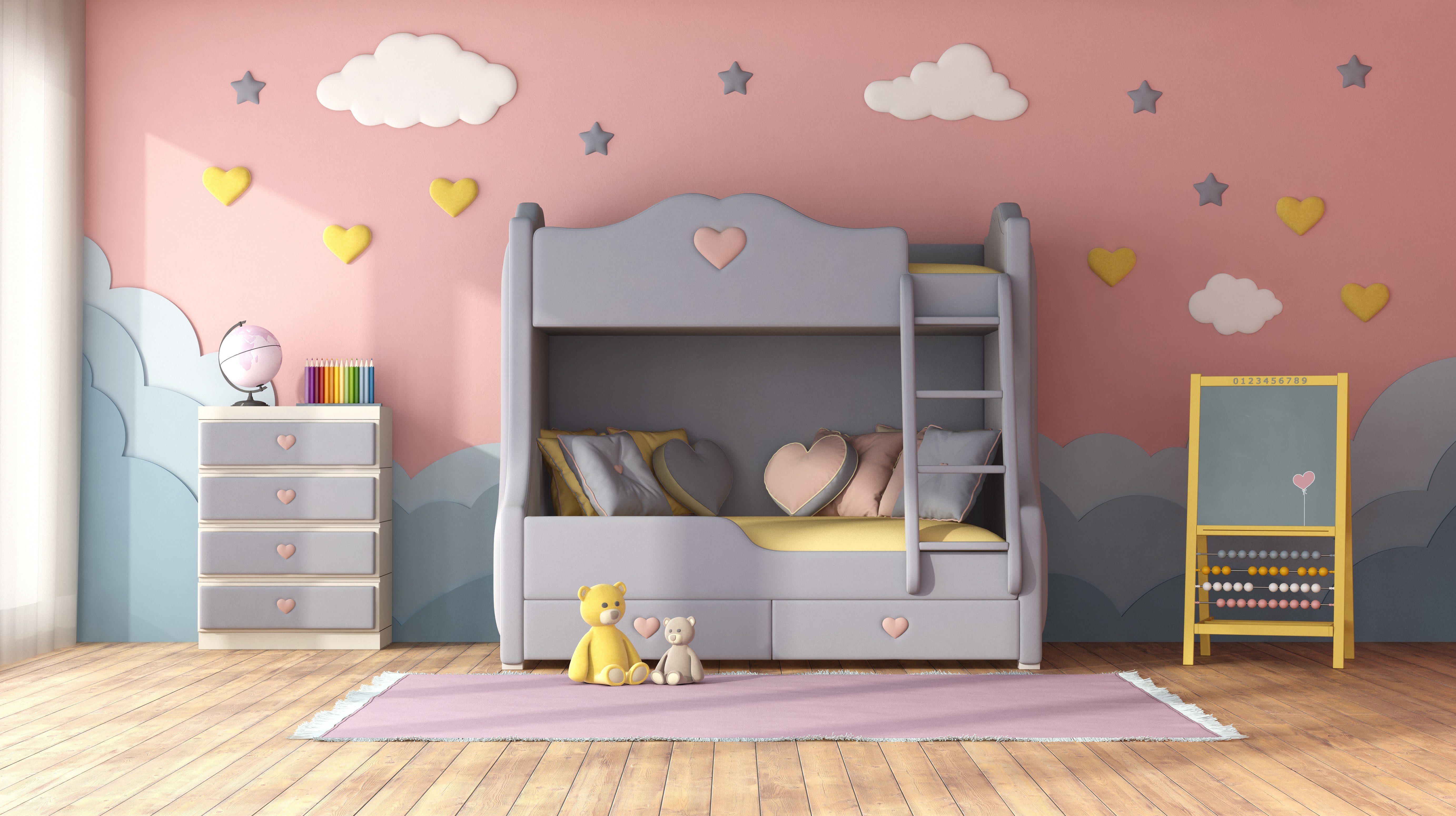Are You In Search Of Inspiration? Look Up Kids Bunk Bed
The Ultimate Guide to Kids Bunk Beds: Maximizing Space and Fun
With the rise of vertical living and smaller sized spaces, the appeal of bunk beds has skyrocketed among families. Bunk beds not only use a useful sleeping solution, specifically in shared spaces, however they likewise bring an element of fun into a kid's life. This detailed guide looks into the functions, benefits, and considerations of kids' bunk beds, making it simpler for parents to pick the ideal bed for their kids.
Functions of Kids Bunk Beds
Bunk beds are flexible furniture pieces that serve more than a single purpose. Here are some crucial features to consider:
Feature
Description
Material
Bunk beds can be built from wood, metal, or a combination of both, offering differing levels of toughness and design choices.
Safety Features
The majority of bunk beds come equipped with guardrails, protected ladders, and topped assistances for safety, particularly important for children.
Design Variety
Alternatives vary from timeless styles to modern styles, making sure a match for any space design.
Space-Efficiency
Bunk beds utilize vertical space, making them perfect for smaller spaces.
Convertible Options
Some designs can be converted into 2 different beds, providing flexibility as children grow.
Storage Solutions
Some bunk beds come with integrated storage drawers or racks, assisting to keep the space organized.
Benefits of Kids Bunk Beds
Investing in a bunk bed comes with several benefits:
- Space Saving: Bunk beds maximize flooring space, permitting for more backyard or storage solutions.
- Fun Factor: With a bunk bed, kids have a place that cultivates creativity and companionship throughout slumber parties or playdates.
- Cost-efficient: Instead of purchasing two separate beds, a bunk bed can accommodate 2 children at the same time, saving cash in the long run.
- Adaptability: Many bunk beds can be disassembled or converted into twin beds, making them a long-lasting financial investment as children's needs alter.
- Social Interaction: Bunk beds motivate household bonding and relationships, providing an inviting space for children to share stories and laughter.
Considerations When Choosing a Kids Bunk Bed
When selecting the ideal bunk bed for a child, parents ought to consider numerous aspects:
- Safety Standards: Ensure that the bunk bed adhere to safety regulations and features necessary security features.
- Age Appropriateness: Different models deal with different age groups. For instance, standard bunk beds might not appropriate for younger kids.
- Space Dimensions: Measure the bed room to make sure the bunk bed fits appropriately, enabling space to move around easily.
- Weight Capacity: Consider the weight load of each bed and ensure it accommodates the child's weight easily.
- Design Preferences: Letting children take part in the choice process can help them feel more excited about their brand-new bed.
Types of Kids Bunk Beds
Bunk beds can be found in various styles and configurations to suit various needs:
Type
Description
Standard Bunk Bed
A timeless design with one bed stacked on top of another, typically utilizing a ladder to access the leading bunk.
L-Shaped Bunk Bed
Features two bunk beds connected in an L-shape, often more spacious and appropriate for kids sharing a space however requiring a bit more space.
Triple Bunk Bed
Makes up 3 stacked beds, suitable for making the most of sleeping arrangements in extremely restricted areas.
Loft Bed
A raised bed with space beneath that can serve as a play area, study corner, or extra storage.
Futon Bunk Bed
Combines a bunk bed on top with a futon or couch underneath, making it great for sleepovers and maximizing room usage.
Convertible Bunk Bed
Can be separated into 2 individual beds, offering versatility as children's needs change.
Taking Care Of Kids Bunk Beds
Preserving bunk beds is crucial for making sure durability and safety. Here are some basic care practices:
- Regular Inspections: Check the bed regularly for loose screws and tightened up bolts to make sure stability.
- Tidiness: Keep bedding clean and fresh, rotating mattresses for even use.
- Guardrails: Ensure guardrails are protected and in location, particularly if children tend to move around a lot in their sleep.
- Air Circulation: Ensure the bed has adequate air flow, avoiding wetness accumulation that can result in mold or mildew.
FAQs About Kids Bunk Beds
Q1: At what age can a child safely utilize a bunk bed?
A1: Generally, kids aged six and older are considered safe to use the upper bunk due to the height and stability elements involved.
Q2: Can I put a bunk bed near a window?
A2: It is advisable to avoid positioning a bunk bed near windows to lower the risk of falling or injuries.
Q3: Are bunk beds safe for more youthful children?
A3: While some contemporary bunk beds feature security features accommodating younger kids, it is typically recommended to wait till they are older, normally over 6 years.
Q4: What is the normal weight limitation for leading bunks?
A4: Weight limitations vary by design however usually range from 150 to 250 pounds. Constantly refer to the producer's requirements.
Q5: How often should I check the bunk bed's safety functions?
A5: It is advisable to perform a safety check every couple of months or whenever you observe any signs of wear.
Kids' bunk beds act as a strategic option for households looking to take full advantage of space while supplying a fun and appealing sleeping environment for their children. With a variety of choices offered— from basic styles to loft beds— parents have the freedom to choose something that meets their household's specific needs. By considering agree with this as safety, space viability, and their children's choices, parents can make an informed option, ensuring that each child is delighted about bedtime while taking advantage of a well-organized room.
